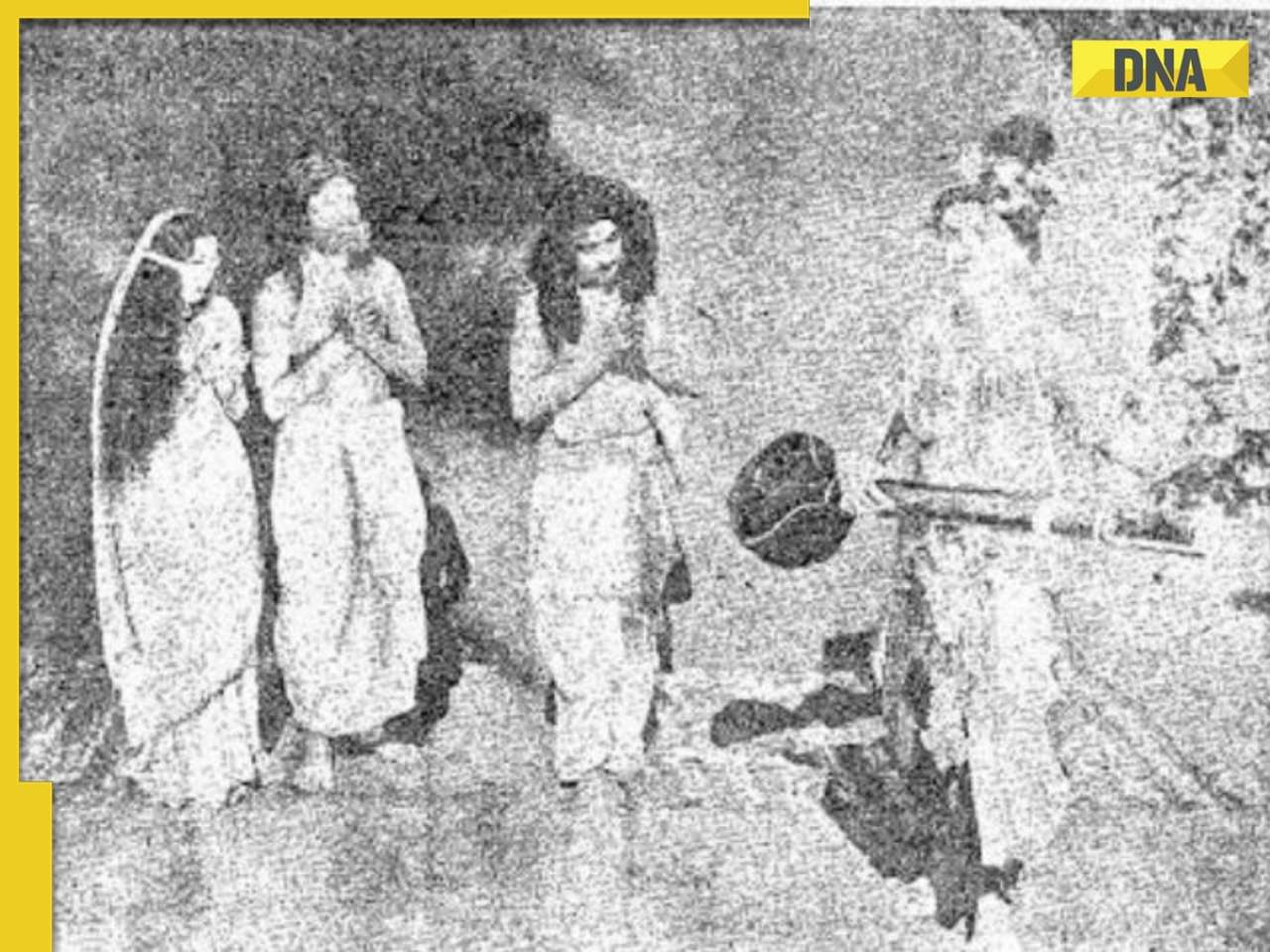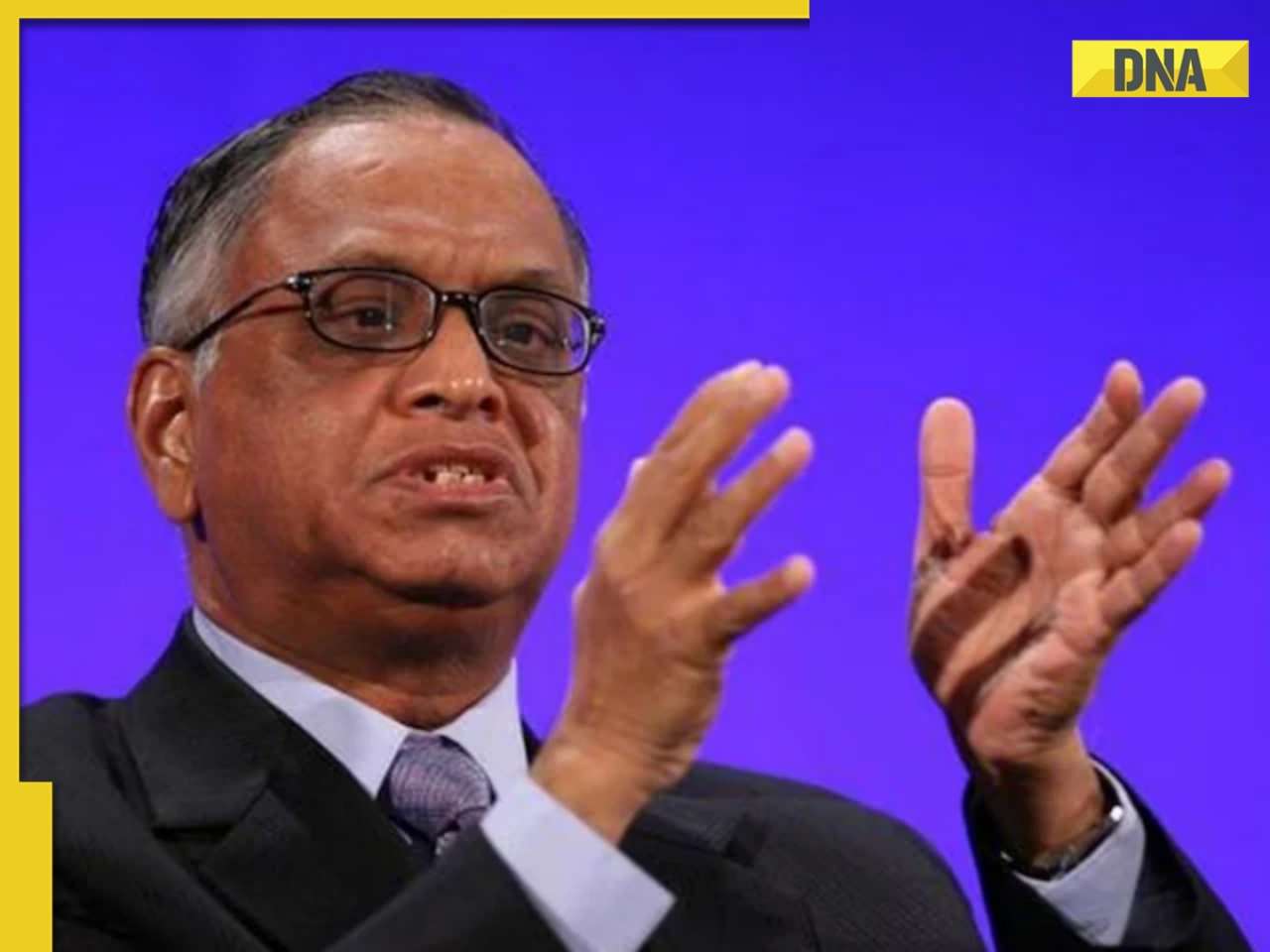The latest collection of Kamala Das's uncollected works is proof that some writing needs to be preserved .
Book: Wages Of Love: Uncollected Writings Of Kamala Das
Edited by Suresh Kohli
Publisher: HarperCollins
Pages: 164
Price: Rs299
In the article 'Poet at the Hustings' in Wages Of Love, Kamala Das reflects, “The stories I had written for thirty years in my mother tongue [Malayalam] were filled with lust and passion, and although the readers liked to read them they did not openly praise them, fearing censure.” While here Das may be dismayed at her popularity being inexpedient to her political ambitions, these words are, regrettably, not untrue.
Flamboyant, bold, provocative, and controversial are some of the words that are associated with the works of this doyenne of Malayalam and English poetry and fiction writing. There is no denying that Das ruffled several feathers by converting to Islam at the age of 65; or by making several dents in the mould society had set for women in the 1960s. She wrote about love that was amorous, frank and devoid of compunction at a time when poets/writers, especially women, were expected to romanticise all matters of the heart.
However, times have changed. What was sensational yesterday is mundane today. But in no way does it belittle this Nobel nominee’s contribution. The latest collection of her uncollected writings, Wages Of Love, will go a long way towards preserving great writing at a time when self-styled writers have sprung from every nook and corner.
The collection, divided into three segments — fiction, non-fiction and poetry — begins with the riveting 'The Fair-skinned bahu' where an author who has converted to Islam is organizing her own murder. In 'The fourteen-days war', a finger is pointed at an army nurse for travelling with a brigadier who is clearly not her spouse because, “They looked too happy together to be married”. 'A week with Manasi' is about an illicit association between a politician and a married woman who is not new to such an arrangement. And while the two characters are about to put a full stop to their “contract”, the following story, 'All the Lovers', is devoid of all punctuation, making it a tough but interesting read.
The poetry section makes the autobiographical vein in Das’ fiction more prominent. It perhaps reflects her complex emotions and disappointments she experienced as a woman (in various social roles) and as an individual. In 'Noose', she tries to silence her critics by saying, “I broke loose/From the noose/A religion provides./To stand face to face/with God/Who knowing the answers/Asked no questions”.
The non-fiction section gives a good peek into Das’ perspective on several issues and the versatility of her writing. The first article, 'Thoughts on Sahitya Akademi', is the script of her acceptance speech at Sahitya Akademi Writers Meet in 1986. True to her image, Das deviates from the acceptable norm of thanking everyone and, instead, blames the Akademi for feting contemporary authors way after their “fecundity is exhausted”.
She expresses her envy with affluent women authors who do not have to “worry about cheques bouncing, rent falling due or about raising money to admit the youngest child into college…”
'Body is a Mere Container' is a doleful account of a woman who has lost her husband and for whom “Loneliness is not a familiar feeling”. Moving away from sorrow and regrets in 'Indigestion and Hospitality', Das takes a sardonic shot at a topic I can quite relate to — the perils of socializing in a country where people love to kill guests by forcing them to eat. 'Clean People, Dirty Bathrooms' reflects on the absence of proper sanitation facilities in the country. What surprises you the most is that the article is relevant even after so many years.
Suresh Kohli, poet, literary critic, documentary-maker and a close friend of Das, deserves much credit for editing this important collection. In doing a commendable job of presenting Das’ wide spectrum of writings, he has reminded readers that good writing just gets better with time.
![submenu-img]() Meet actress who is set to work in India's most expensive film, started career with superhit TV show, then gave..
Meet actress who is set to work in India's most expensive film, started career with superhit TV show, then gave..![submenu-img]() Hansal Mehta reacts to Sahara Group calling his series Scam 2010 The Subrata Roy Saga 'abusive act, cheap publicity'
Hansal Mehta reacts to Sahara Group calling his series Scam 2010 The Subrata Roy Saga 'abusive act, cheap publicity'![submenu-img]() Meet actor, who was once Aamir, Shah Rukh's rival, never became superstar, worked as hotel manager, is now...
Meet actor, who was once Aamir, Shah Rukh's rival, never became superstar, worked as hotel manager, is now...![submenu-img]() 9 killed, 24 injured as bus catches fire in Haryana's Nuh
9 killed, 24 injured as bus catches fire in Haryana's Nuh![submenu-img]() Meet actress who started career with Ranveer, Deepika, is married to man with Rs 53,800 crore net worth, husband is..
Meet actress who started career with Ranveer, Deepika, is married to man with Rs 53,800 crore net worth, husband is..![submenu-img]() Meet IIT graduates, three friends who were featured in Forbes 30 Under 30 Asia list, built AI startup, now…
Meet IIT graduates, three friends who were featured in Forbes 30 Under 30 Asia list, built AI startup, now…![submenu-img]() Meet woman who cracked UPSC in fourth attempt to become IAS officer, secured AIR...
Meet woman who cracked UPSC in fourth attempt to become IAS officer, secured AIR...![submenu-img]() Meet IIT JEE 2024 all-India girls topper who scored 100 percentile; her rank is…
Meet IIT JEE 2024 all-India girls topper who scored 100 percentile; her rank is…![submenu-img]() Meet PhD wife of IIT graduate hired at Rs 100 crore salary package, was fired within a year, he is now…
Meet PhD wife of IIT graduate hired at Rs 100 crore salary package, was fired within a year, he is now…![submenu-img]() Meet woman not from IIT, IIM or NIT, cracked UPSC exam in first attempt with AIR...
Meet woman not from IIT, IIM or NIT, cracked UPSC exam in first attempt with AIR...![submenu-img]() DNA Verified: Is CAA an anti-Muslim law? Centre terms news report as 'misleading'
DNA Verified: Is CAA an anti-Muslim law? Centre terms news report as 'misleading'![submenu-img]() DNA Verified: Lok Sabha Elections 2024 to be held on April 19? Know truth behind viral message
DNA Verified: Lok Sabha Elections 2024 to be held on April 19? Know truth behind viral message![submenu-img]() DNA Verified: Modi govt giving students free laptops under 'One Student One Laptop' scheme? Know truth here
DNA Verified: Modi govt giving students free laptops under 'One Student One Laptop' scheme? Know truth here![submenu-img]() DNA Verified: Shah Rukh Khan denies reports of his role in release of India's naval officers from Qatar
DNA Verified: Shah Rukh Khan denies reports of his role in release of India's naval officers from Qatar![submenu-img]() DNA Verified: Is govt providing Rs 1.6 lakh benefit to girls under PM Ladli Laxmi Yojana? Know truth
DNA Verified: Is govt providing Rs 1.6 lakh benefit to girls under PM Ladli Laxmi Yojana? Know truth![submenu-img]() Sunanda Sharma exudes royalty as she debuts at Cannes Film Festival in anarkali, calls it ‘Punjabi community's victory’
Sunanda Sharma exudes royalty as she debuts at Cannes Film Festival in anarkali, calls it ‘Punjabi community's victory’![submenu-img]() Aishwarya Rai walks Cannes red carpet in bizarre gown made of confetti, fans say 'is this the Met Gala'
Aishwarya Rai walks Cannes red carpet in bizarre gown made of confetti, fans say 'is this the Met Gala'![submenu-img]() In pics: Sobhita Dhulipala looks 'stunning hot' in plum cordelia jumpsuit at Cannes Film Festival, fans call her 'queen'
In pics: Sobhita Dhulipala looks 'stunning hot' in plum cordelia jumpsuit at Cannes Film Festival, fans call her 'queen'![submenu-img]() Udaariyaan takes 15-year leap, these actors join Sargun Mehta, Ravi Dubey-produced show
Udaariyaan takes 15-year leap, these actors join Sargun Mehta, Ravi Dubey-produced show![submenu-img]() In pics: Urvashi Rautela sizzles in red strapless gown at Cannes Film Festival, fans call her 'Disney princess'
In pics: Urvashi Rautela sizzles in red strapless gown at Cannes Film Festival, fans call her 'Disney princess'![submenu-img]() Haryana Political Crisis: Will 3 independent MLAs support withdrawal impact the present Nayab Saini led-BJP government?
Haryana Political Crisis: Will 3 independent MLAs support withdrawal impact the present Nayab Saini led-BJP government?![submenu-img]() DNA Explainer: Why Harvey Weinstein's rape conviction was overturned, will beleaguered Hollywood mogul get out of jail?
DNA Explainer: Why Harvey Weinstein's rape conviction was overturned, will beleaguered Hollywood mogul get out of jail?![submenu-img]() What is inheritance tax?
What is inheritance tax?![submenu-img]() DNA Explainer: What is cloud seeding which is blamed for wreaking havoc in Dubai?
DNA Explainer: What is cloud seeding which is blamed for wreaking havoc in Dubai?![submenu-img]() DNA Explainer: What is Israel's Arrow-3 defence system used to intercept Iran's missile attack?
DNA Explainer: What is Israel's Arrow-3 defence system used to intercept Iran's missile attack?![submenu-img]() Meet actress who is set to work in India's most expensive film, started career with superhit TV show, then gave..
Meet actress who is set to work in India's most expensive film, started career with superhit TV show, then gave..![submenu-img]() Hansal Mehta reacts to Sahara Group calling his series Scam 2010 The Subrata Roy Saga 'abusive act, cheap publicity'
Hansal Mehta reacts to Sahara Group calling his series Scam 2010 The Subrata Roy Saga 'abusive act, cheap publicity'![submenu-img]() Meet actor, who was once Aamir, Shah Rukh's rival, never became superstar, worked as hotel manager, is now...
Meet actor, who was once Aamir, Shah Rukh's rival, never became superstar, worked as hotel manager, is now...![submenu-img]() Meet actress who started career with Ranveer, Deepika, is married to man with Rs 53,800 crore net worth, husband is..
Meet actress who started career with Ranveer, Deepika, is married to man with Rs 53,800 crore net worth, husband is..![submenu-img]() This film's budget was less than an iPhone, smashed box office records; became first industry hit, earned...
This film's budget was less than an iPhone, smashed box office records; became first industry hit, earned... ![submenu-img]() Do you know which God Parsis worship? Find out here
Do you know which God Parsis worship? Find out here![submenu-img]() This white marble structure in Agra, competing with Taj Mahal, took 104 years to complete
This white marble structure in Agra, competing with Taj Mahal, took 104 years to complete![submenu-img]() 'If only we are smart enough...': Narayana Murthy was asked how AI will hurt job prospects
'If only we are smart enough...': Narayana Murthy was asked how AI will hurt job prospects![submenu-img]() Viral video: Gujarat man converts Honda Civic into 'Lamborghini' for just Rs 12.5 lakh, watch
Viral video: Gujarat man converts Honda Civic into 'Lamborghini' for just Rs 12.5 lakh, watch![submenu-img]() Man who disappeared 26 years ago found in neighbour`s cellar, just 100 metres from home
Man who disappeared 26 years ago found in neighbour`s cellar, just 100 metres from home





































)

















)
)
)
)
)
)